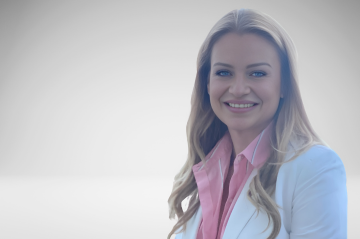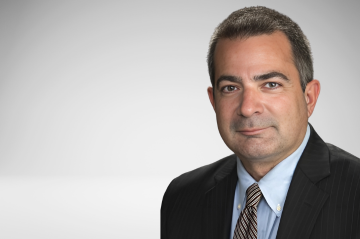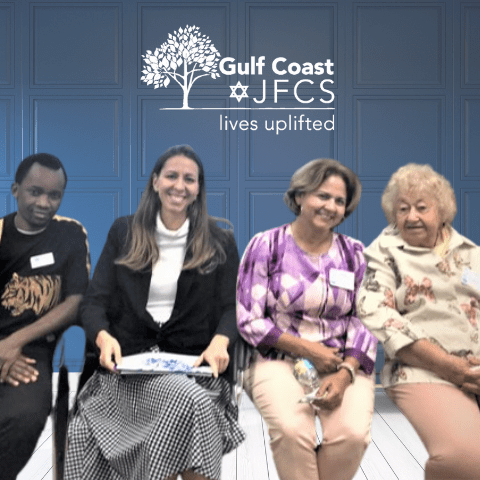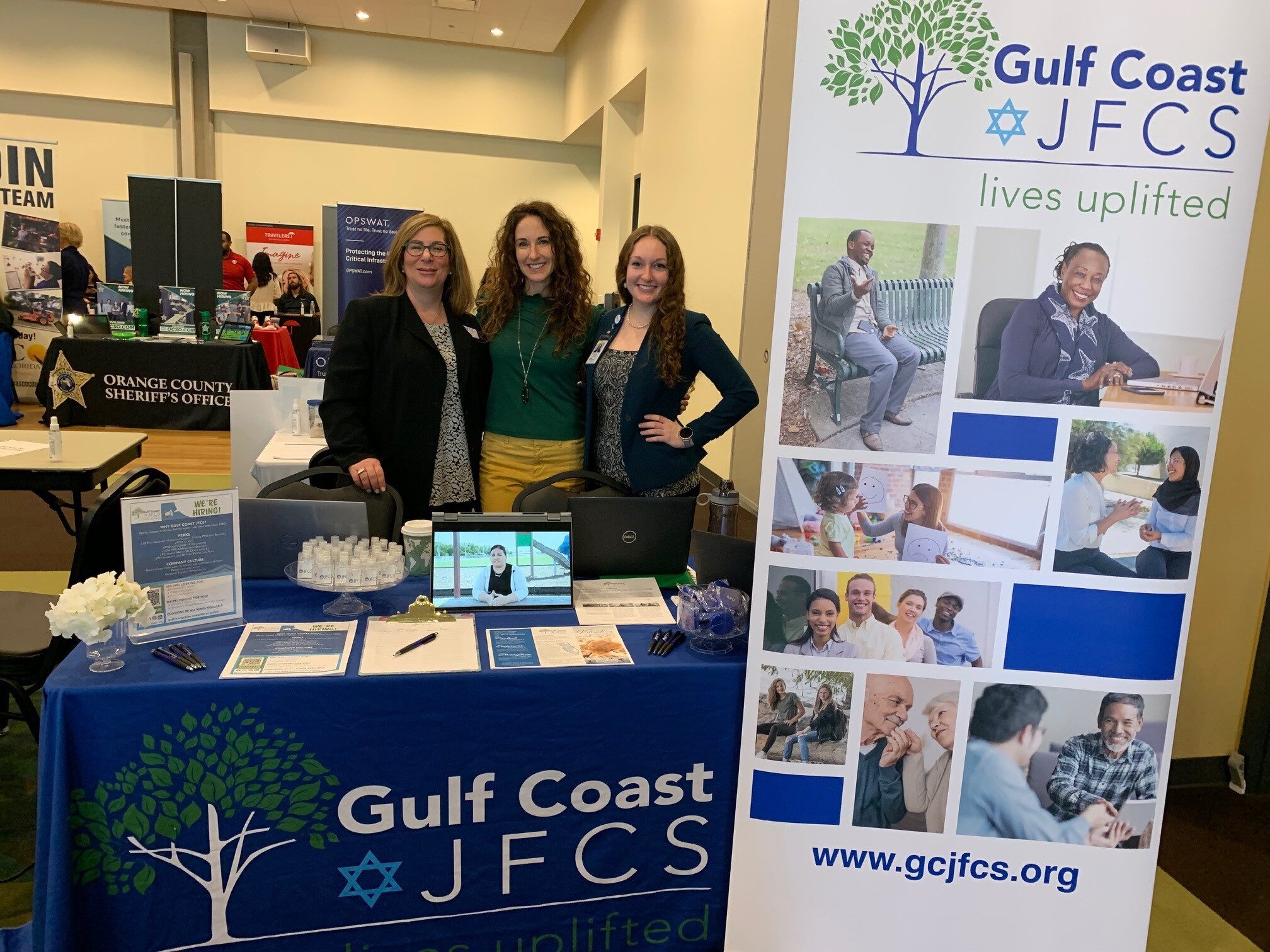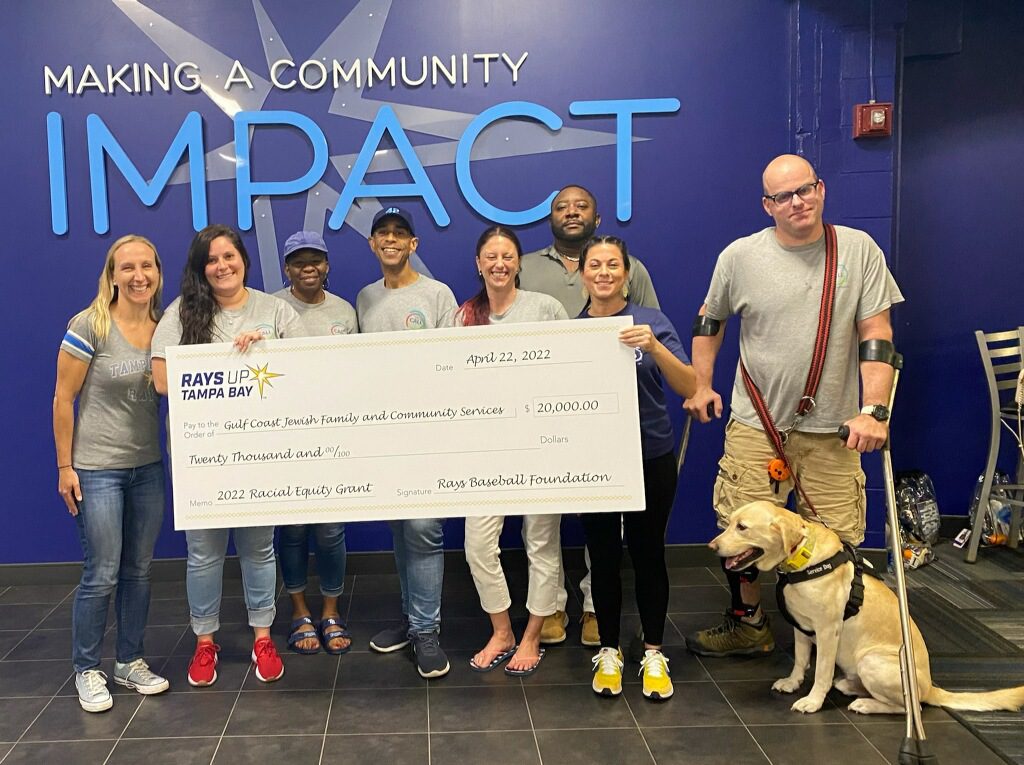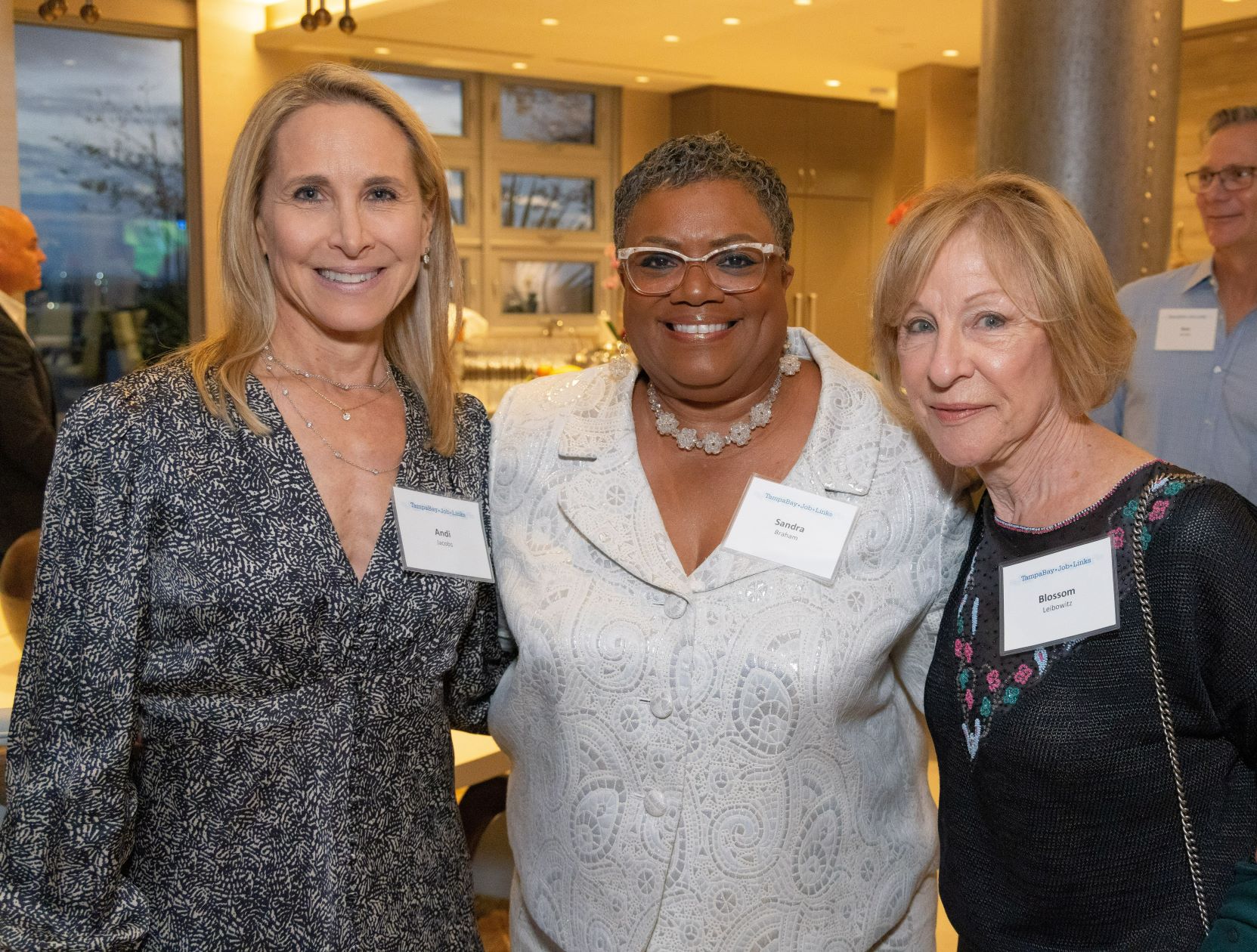Melanie Hoffman
Recently leading the Southeast region for a prominent consulting firm, Melanie has successfully overseen countless large-scale technology implementations. With a deep expertise in operations, organizational effectiveness, change management, and relationship management, Melanie is known for driving operational excellence and fostering impactful organizational transformations.
Melanie has extensive experience across multiple industries including healthcare, telecommunications, financial services, and retail. Melanie earned her Bachelor of Science from Slippery Rock University in Pennsylvania and holds certifications as a Project Management Professional (PMP) and a Certified Scrum Master (CSM).
Melanie relocated to Florida almost three years ago with her family. She enjoys soaking up the Florida sunshine and any activity outdoors.
